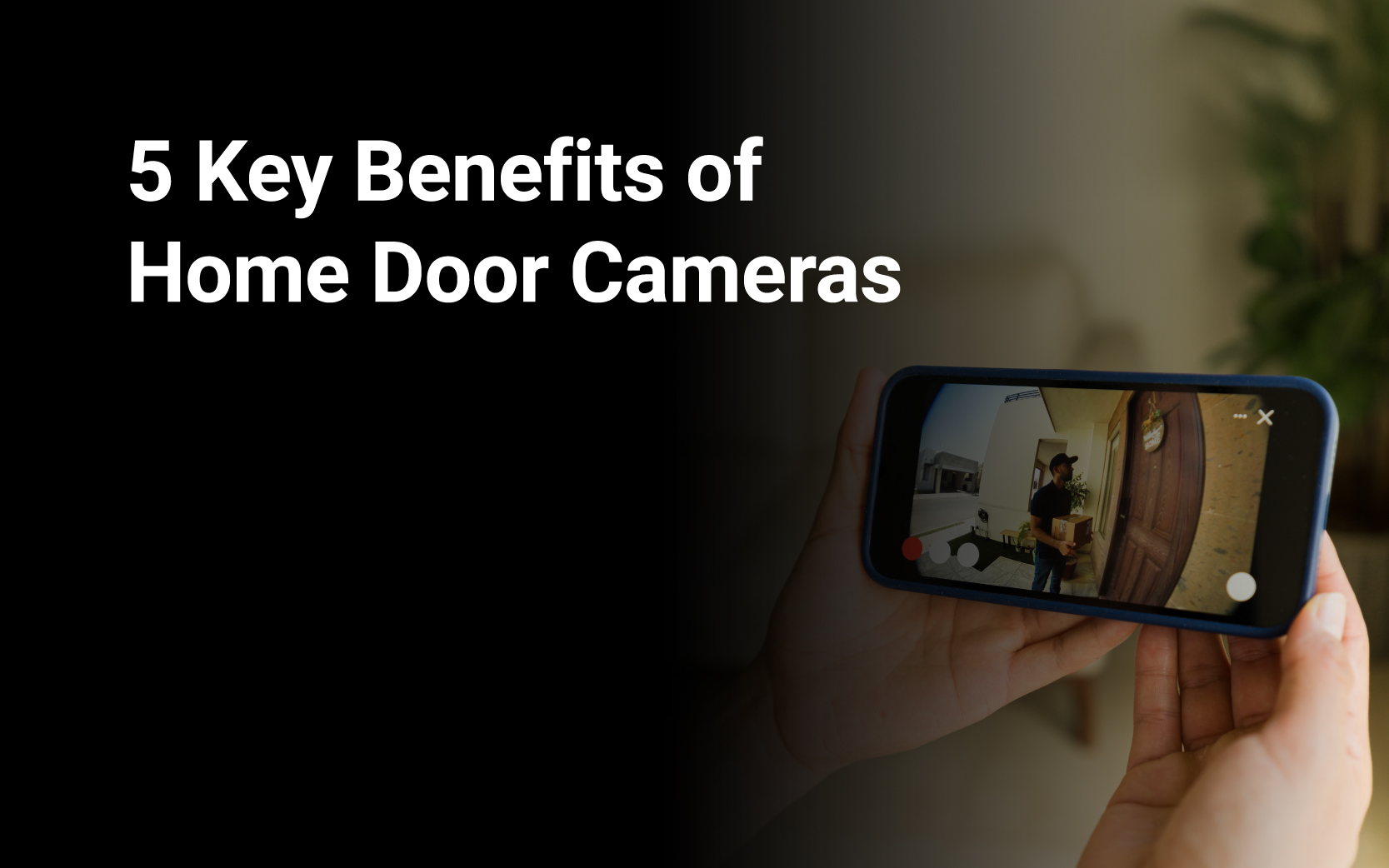When a home or business owner sets out to install proper surveillance measures around their property, it’s not uncommon for several questions to crop up. After all, security is a complex topic. As the Mountain West’s leading experts on the subject, some of the most common questions we get at PEAK Alarm are things like:
- Do security cameras need Wi-Fi?
- If so, why?
- Are there any other modes of connection?
If you’re in the market for your first set of security cameras, we’re here to help. In this article, we’ll cover the basic questions and provide some helpful context to help you make the ideal choice for your location.
Do Security Cameras Need Wi-Fi?
Let’s start things off with an answer to what’s probably your first question. While some security cameras depend on Wi-Fi to function, others do not. Many need Wi-Fi to enable certain features, yet can still operate at a base level without a connection.
Different types of cameras have varying connectivity needs, making them ideal for certain situations over others. Below, we explain a few types you might encounter on the market.
1. Wi-Fi (Wireless) Security Cameras
Wi-Fi-enabled cameras are a popular choice for home security. By connecting to your home’s wireless network, these devices offer real-time footage, alerts, and cloud storage without the hassle of a hardwired connection. A few key advantages include:
Remote monitoring — Wireless connectivity allows you to check your live camera feeds at any time from your smartphone or other mobile device, as long as you have internet access.
Cloud storage — Wi-Fi cameras typically store footage in the cloud, which offers a convenient and easily scalable storage solution.
Smart home integration — Many Wi-Fi–powered cameras can integrate with other smart home devices and voice assistants, making them an ideal upgrade for techy homes.
Wi-Fi cameras are best used for homes and small businesses that want easy installation and convenient access. Still, the need for a stable internet connection can be a sticking point. Locations with sub-par connectivity may want to opt for a more reliable option.
2. Wired or Hardwired Security Cameras
Unlike Wi-Fi cameras, wired alternatives do not need an internet connection. Instead, these devices transmit video footage to a central recording device (such as a DVR) via physical cables. They offer several benefits over wireless cameras, such as:
Reliable connection — By avoiding the need for a Wi-Fi connection, wired cameras can provide more consistent high-quality footage without much interference.
Continuous recording — Wired systems are better suited for continuous recording. In some cases, 24/7 footage may be considered an unavoidable necessity.
Wired systems are frequently found in businesses or other large properties in need of comprehensive, uninterrupted footage. Though installation can be more complex, wired cameras are typically a more reliable and secure solution.
3. Cellular Security Cameras
Cellular security cameras present another sound alternative to a Wi-Fi-based surveillance system. Rather than relying on the bandwidth of a localized router, these devices can tune into cellular networks such as 4G or 5G to transmit footage.
A few manufacturers are even beginning to offer hybrid devices that can use either Wi-Fi or cellular networks, depending on which is stronger at the time. Some typical advantages of cellular systems include:
Freedom from bandwidth — Because these cameras can operate independently from a home or business’s Wi-Fi, they’re often more reliable when bandwidths are stretched too thin.
Remote monitoring — Like their Wi-Fi-based counterparts, cellular cameras offer similar capabilities in remote access, albeit without reliance on local networks.
Cellular security cameras are often best suited for remote locations where Wi-Fi connection simply isn’t feasible, such as log cabins, construction sites, or other outdoor work zones. They’re a popular choice for businesses looking for a temporary surveillance solution.
So, Do Security Cameras Need Wi-Fi?
The short answer is that only some cameras rely on a Wi-Fi connection. Whether or not you choose a system that does is entirely up to you. If you’re searching the market for the most promising options for your surveillance system, the experts are here to guide you.
Contact PEAK Alarm for a free consultation — we’ll evaluate your location to help you determine the most reliable, convenient, and surveillance solutions for you.
Protect what matters most to you. Contact PEAK Alarm today.

